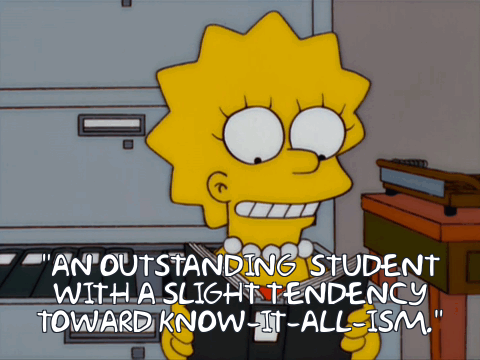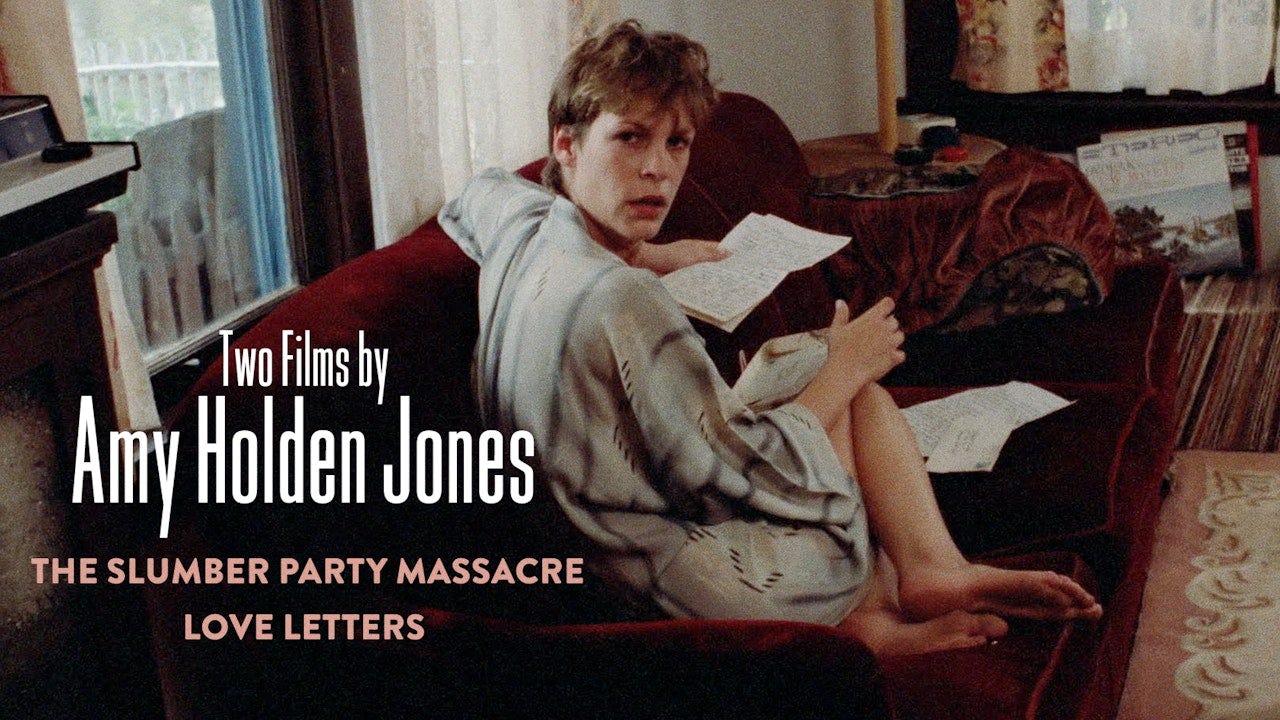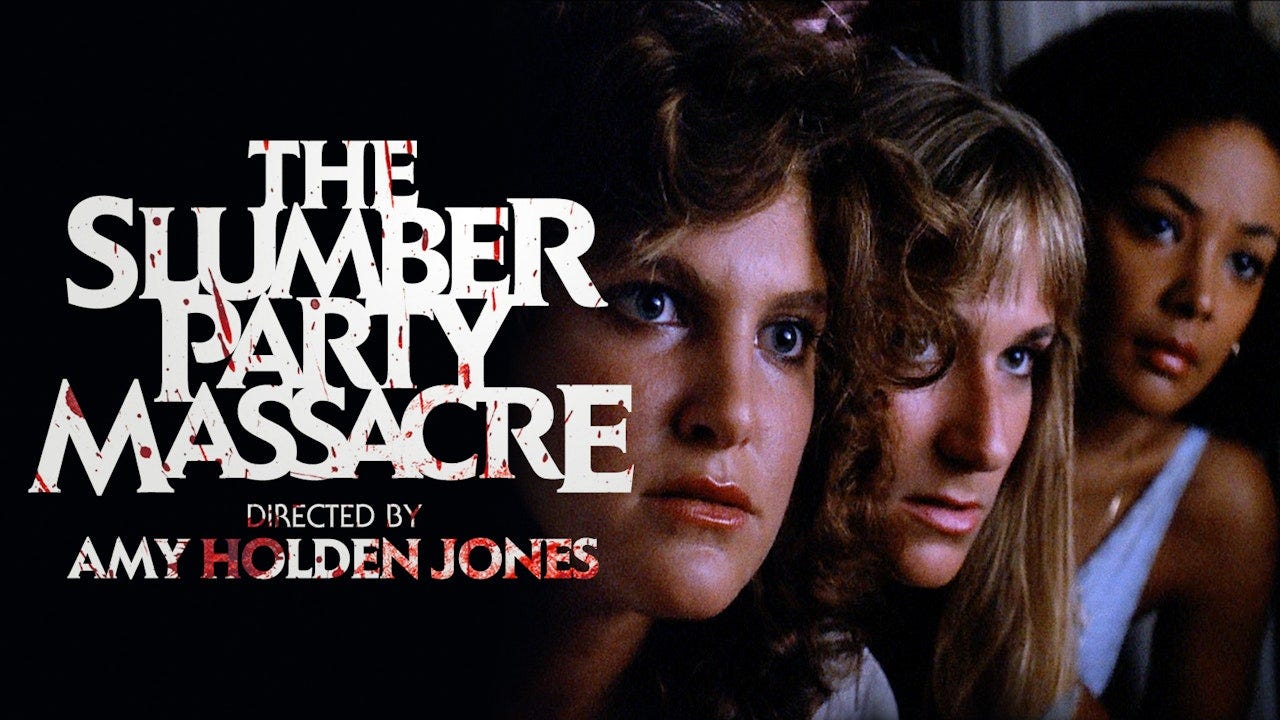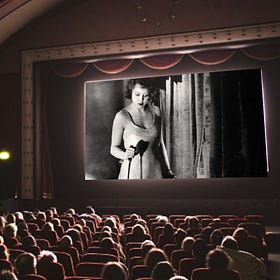The other day, a friend and I were discussing Sunset Blvd. She felt the film was ahead of its time in terms of critiquing Hollywood. To which I responded, Hollywood was always like that, staring into it’s own reflection with solipsistic wonder.
and I talked about it in our recent podcast episode on Sherlock Jr. Mabel Normand starred in The Extra Girl more than 100 years ago, and it basically became the template for all small-town-girl-goes-west-to-become-famous movies ever since. If you really want to go to the earliest days of cinema, at least two different movies recreated the (fake) audience reaction to the Lumière brothers’ Arrival of a Train.Judging by her reaction, that list might have come across as a little didactic…

In any case, she’s right that Sunset Blvd. is a brilliant film. If you’ve never seen it, you should. And if you have, you should re-watch it.
The reason I’m telling you this story is that all of today’s posts and videos reminded of something I wrote previously for TMFS. So this is a pretty navel-gazey post, too.
Both Sides
The Babylon Bee1 posted two joke articles, one after the other.
Either one is pretty funny, but they’re even funnier as a pair.2 It’s also a pretty good example of what I called “Both Sides Humor” in my political comedy video essay. The joke isn’t really about the middle east situation at all, but rather the way we tend to smear our political opponents even when they’re just making reasonable points we happen to disagree with.
Forget Subtext
I mentioned Reservoir Dogs in passing in my previous post, but I guess the YouTube algorithm felt a disturbance in the film force, and started serving me up Quentin Tarantino interviews. He’s hard to resist for a 90s kid like me, but this short about the difference between writing and directing was particularly interesting—
Now, I don’t always agree with Tarantino. I rebutted several of his fan theories in this supercut—
Speaking of the writer/director dichotomy…
Who’s Film is it Anyway?
When the streaming wars first started heating up, each of the services would hype up what movies and shows were being added in the next month. I remember getting excited to see what new or classic movie I’d get to see on the 1st. Nowadays, I don’t care. If I want to see a movie, I go on JustWatch and see if it’s playing on anything I’m subscribed to.
The exception is Criterion, which is just different. You get the impression that real human beings who really care about film are making the selections. Their curated collections always interest me, and sometimes even surprise me.
Case in point: two films by Amy Holden Jones—
I’ve never seen Love Letters,3 but I have seen the other film the Criterion editors selected, which is probably Jones’ most famous work—
Superficially a good, if fairly standard example of slasher film from the early 80s cycle of that subgenre, what makes Slumber Party Massacre interesting is how it came to be. Rita Mae Brown, a feminist novelist and poet, wrote it as a parody of slasher films. But famed B-movie producer Roger Corman (who funded the project) and the director didn’t get the joke; they shot it as a straight horror film.
This raises a question I addressed in another video essay: just who is the author of a film? Do we take Brown’s satirical intentions as authoritative? Or Jones’ more straightforward interpretation? Neither? Both? It’s complicated. You should watch The Death of the Death of the Author to learn more.
More Classics
While we’re discussing almost-classics,
wrote an interesting piece on Alfred Hitchcock’s Saboteur. I saw it back in school as part of a course on Hitchcock, and I don’t recall being particularly struck by it. On the other hand, we watched about two Hitchcock films a week that semester, so some of them kinda ran together in my head. The retro review made me interested enough to pick it up again.That Hitchcock class is a big reason why I’m so fond of the Truffaut interview. Few books about film and filmmaking are as insightful as that one. Only recently did I discover the audio is available online, and so I cut together some of their discussion with the movie Blackmail.
If you’d like to know more about the first British talkie, Casey and I also cover that one on the Public Domain Theater podcast.
Public Domain Theater: Blackmail
For our first Public Domain Theater episode of 2025, we decided to watch a classic Alfred Hitchcock film that entered the public domain the old fashioned way—by being really, really old. Yes, this time, there's no special story for how Blackmail lost its copyright. It's just 95 years old,
Okay, that’s enough about me for this week. How are you?
Christian The Onion, if you’re unaware.
Although, apparently not everyone got the joke.
And judging by it’s synopsis, that’s probably not going to change this month.











"Do we take Brown’s satirical intentions as authoritative? Or Jones’ more straightforward interpretation? Neither? Both? "
Always fun looking at a composite effect. Once read a man who compared the original printed edition to the author's later edition without the editor's work, and every change he looked at, the editor had improved the work.
But I think the final person puts the intentions on the work that he wrote. The script was satirical, the movie, straight. Though some of the original intentions may have crept through. . . .
When I wrote my Sleeping Beauty take (https://writingandreflections.substack.com/i/161155258/the-other-princess), I made the sleeping princess a spoiled brat (the heroine of the story is her cousin). This does not change that Perrault and the Brothers Grimm made the sleeping princess the heroine.
Then, that the Brothers had her live happily ever with her prince after he woke her, which does not change that Perrault had her have mother-in-law troubles first. (I think having your mother-in-law try to kill you and your two children and eat them for dinner qualifies as troubles.)
Failure to revise out signs of the prior author's intentions, when they conflict, is merely one of the ways that an author's work may not embody his intentions. (It gets really weird when the work does a good job of doing something the author did not intend. Or even the opposite of it.)